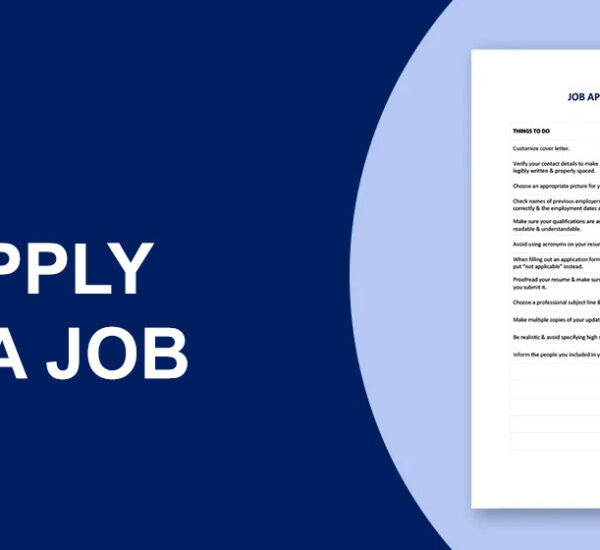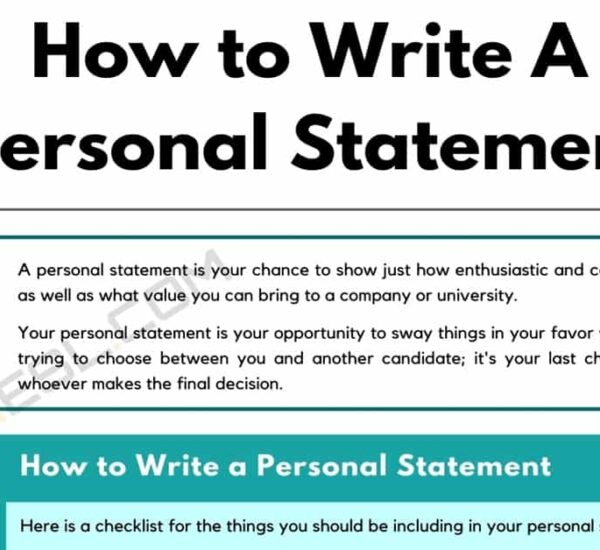If you are applying for a student visa, you must have enough money to pay for course fees and living expenses, known as financial or maintenance requirements. Generally, you must submit financial documents to show that you meet the financial requirements.
If you are a citizen of a country listed in Appendix ST paragraph 22.1 of the immigration rules, you must meet the financial requirements described below, but you are not required to submit your financial documents as part of a student visa application.
To benefit from differentiation agreements as ‘domestic low risk’, you must apply in the UK or the country in which you live.
Financial requirements
Your financial documents must meet specific financial requirements to avoid visa denial. You must have the correct funds for the required period before submitting your online visa application form. Student Visa Guidance provides detailed information on the requirements for supporting documents.
How much money do I need?
Course/tuition fees
You must have enough money to pay the fees for the first year of your course. If your course is less than a year old, you must have funds for all course fees. Your fee amount will be confirmed in your Study Acceptance Confirmation (CAS).
You will usually need to pay a deposit of £4,000 towards your tuition to receive a CAS. You can deduct this £4,000 plus any additional fees you have paid for your tuition fees (if any) from the total amount you need to show for your fees. Any payment you have made for course fees must be declared on your CAS.
Some applicants are not required to pay a CAS deposit. For information on CAS deposits and to see if you need to pay, visit the International Student Deposits page.
For example, if you are applying for a visa to study a 1-year Master’s course and:
- Your fees are £14,000
- You have paid the £4,000 deposit plus an extra £2,000 towards your fees
- Your CAS states: Course Fees for the Year: £14,000, Course Fees Paid so far: £6,000
- Your remaining course fee is £8,000
You must have £8,000 in your or your parents’ account to pay your tuition fees, plus funds for your living expenses.
The Home Office will use your CAS to confirm how much money you need for course fees. It is important that you carefully verify the information in your CAS before applying for a visa.
You must verify that your CAS lists the total amount of the fee and any fees paid correctly.
Cost of living
You must have enough money to support yourself while you study in the UK.
You will need to show that you have £1,334 for each month, or part of a month, of your course for a maximum of nine months. The maximum amount required for your living expenses is £12,006.
The Home Office has set a fixed amount for the cost of living requirement, regardless of whether you intend to live with your family in the UK or have already paid for part or all of your accommodation.
If your course or the rest of your course is less than 9 months, you should consult your CAS to assess the duration of your course. Record the CAS start date and calculate the months and parts of months until the course completion date. Use a date calculator if that helps.
Remember that if you are applying from the UK and you have been in the UK on leave for a period of 12 months or more, you are exempt from the financial requirement.
Practical examples of the cost of living:
If you are going to study a 3-year degree course, you will need to show (£1,334 × 9 months) £12,006 for your living expenses.
If you are a current student and are not exempt from the financial requirements outlined above and have 3 months left on your course, you will need to show (£1334 x 3) £4002 towards your living costs.
A practical example of total finance:
If you are studying a 1-year Masters’s course, your tuition fees are £14,000 and you have paid your £4,000 deposit plus an additional £2,000 towards your costs.
You must show £8,000 (£14,000 – £4,000 – £2,000) for your tuition costs and £12,006 (1,334 x 9 months) for your living costs. The total amount of support you must submit is £20,006 (£8,000 + £12,006).
The 28-day Rule UK Visa
Any money you use for maintenance (tuition fees and living expenses) must be in your account or your parents’ account for a consecutive 28-day period (ending on the final balance date).
During the 28-day period, this money cannot fall below the required amount even by 1 day or it will not meet the Home Office requirements and your application will be rejected.
They will count 28 days from the final balance and the final balance may not be older than 31 days from the date of the request.
If your finances are confirmed in a letter, the letter and final balance cannot be older than 31 days from the date of the request.
The application date is generally the date you submit and pay for your student visa application online and not the date you may be required to show your financial documents (for example, not the date of your appointment at the visa application or the date the Home Office asks you to show your evidence of finances while processing your application).
Financial evidence
The money you are required to show can be in the:
- your bank account
- your parent(s)’ bank account
- your partner’s account if they are applying at the same time or they already have permission
- a joint account with anyone as long as you are named on the account.
- a joint account with both your parents’ names.
Required financial documents
The key documents that are accepted by the Home Office include:
- Personal bank statements
- Building society pass books
- Letter from the bank.
- Letter from an official financial sponsor
- Letter from a regulated financial institution confirming a loan. The loan must be provided by your national government, their state or regional government, a government-sponsored student loan company, or part of an academic or educational loan scheme
- Certificates of deposit
Certificate of deposit
This is a certificate issued by a bank to confirm that you or your parents have deposited a specific amount of money. Depository receipts will normally be accepted if the certificate shows:
that the certificate of deposit was issued no later than 31 days prior to the application date (the date you pay the online visa application fee) and that at least 28 days have elapsed between the date of deposit and the date of issue of the certificate.
You will need to provide scans of the financial evidence you plan to use to the University’s visa compliance office before your CAS can be issued. This is so the University can verify that, to the best of your knowledge, your financial evidence shows the correct funds for the 28-day period and is in the correct format.
Once you have emailed scanned copies of the correct financial statements and this has been verified, your CAS will be issued. You will receive more information about what you need to do when you accept your place at the University.
You are not required to send scans of your documents to the University if you are a citizen of a country that is a party to the differentiation agreements. Check eligibility requirements on gov.uk.


